Lemon juice household uses are more extensive than you might imagine! Forget those expensive, chemical-laden cleaners and embrace the power of this humble citrus fruit. I’m about to unlock a treasure trove of DIY secrets that will transform your home cleaning routine and beyond.
For centuries, lemons have been prized not only for their culinary delights but also for their potent cleaning and medicinal properties. From ancient civilizations using lemon juice to disinfect wounds to modern-day eco-conscious individuals seeking natural alternatives, the lemon’s legacy is rich and enduring. Think about it – our grandmothers probably knew these tricks! They were masters of resourcefulness, using what they had on hand to keep their homes sparkling.
Why should you care about these lemon juice household uses? Because in today’s world, we’re all looking for ways to simplify our lives, save money, and reduce our exposure to harsh chemicals. This article is your guide to achieving all three! I’ll show you how to harness the natural acidity and antibacterial properties of lemon juice to tackle everything from stubborn stains to unpleasant odors. Get ready to ditch the expensive cleaning products and embrace a greener, more effective way to care for your home. You’ll be amazed at the versatility of this simple, readily available ingredient!
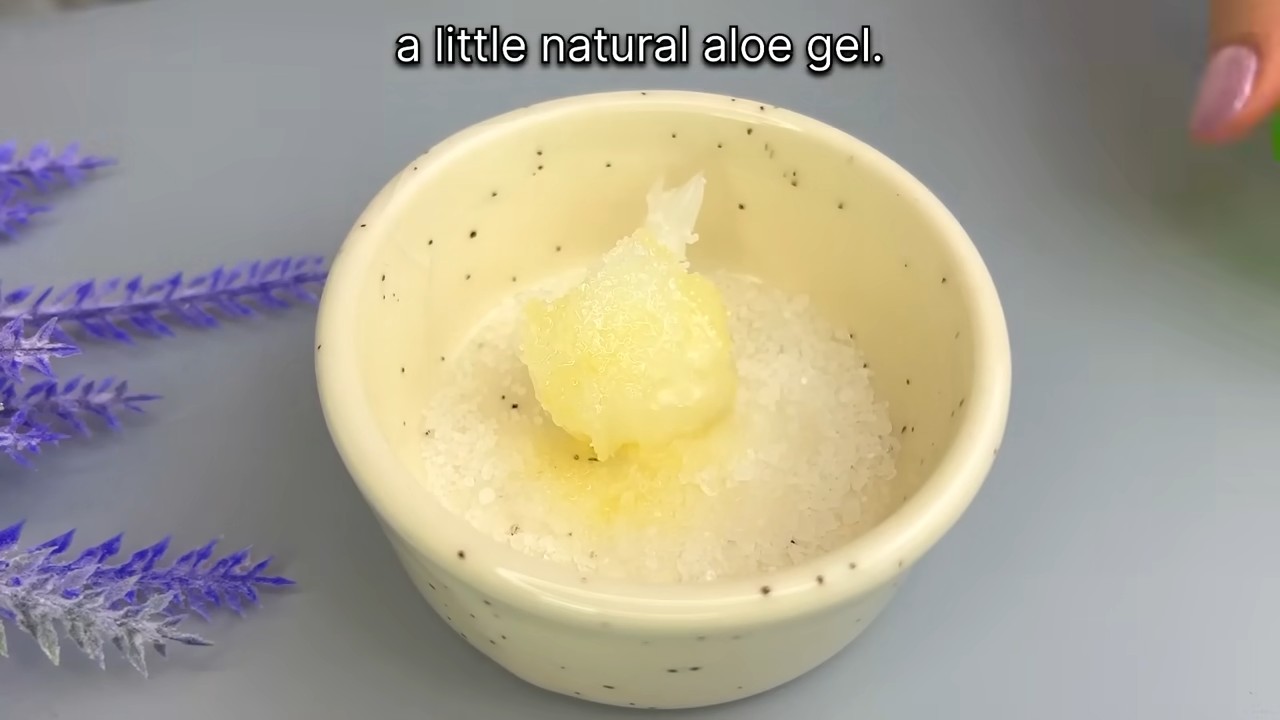
Unlocking the Power of Lemons: 10 DIY Hacks for a Sparkling Home
Hey there, fellow DIY enthusiasts! I’m always on the lookout for natural and effective ways to tackle household chores, and let me tell you, lemon juice is a total game-changer. Forget harsh chemicals – this citrus superstar can clean, deodorize, and even brighten your home. So, grab a bag of lemons, and let’s dive into these amazing DIY hacks!
Hack 1: Microwave Magic – Steam Cleaning Made Easy
Is your microwave looking a little… well, let’s just say “lived in”? Don’t worry, I’ve got you covered. This method is super simple and leaves your microwave smelling fresh and clean.
What you’ll need:
* 1 lemon
* 1 cup of water
* Microwave-safe bowl
Step-by-step instructions:
1. Prepare the lemon solution: Cut the lemon in half and squeeze the juice into the microwave-safe bowl. Drop the lemon halves into the bowl as well.
2. Add water: Pour one cup of water into the bowl, mixing it with the lemon juice.
3. Microwave the mixture: Place the bowl in the microwave and heat on high for 3-5 minutes, or until the solution is boiling and the microwave is filled with steam.
4. Let it sit: Don’t open the microwave immediately! Let the steam work its magic for another 5-10 minutes. This will loosen any stuck-on food particles.
5. Wipe it clean: Carefully remove the bowl (it will be hot!). Use a clean cloth or sponge to wipe down the inside of the microwave. The grime should come off easily.
6. Enjoy your sparkling microwave: Admire your freshly cleaned and lemon-scented microwave!
Hack 2: Cutting Board Sanitizer – Naturally Fresh
Cutting boards can harbor bacteria, so keeping them clean is crucial. Lemon juice is a natural disinfectant that’s perfect for this task.
What you’ll need:
* 1 lemon
* Salt (optional, for extra scrubbing power)
Step-by-step instructions:
1. Prepare the cutting board: Make sure your cutting board is clean of any large food particles.
2. Apply lemon juice: Cut the lemon in half and rub the cut side all over the surface of the cutting board. Squeeze gently as you go to release the juice.
3. Add salt (optional): For extra scrubbing power, sprinkle a generous amount of salt over the lemon juice.
4. Scrub the board: Use the lemon half to scrub the cutting board, working the juice and salt (if using) into the surface.
5. Let it sit: Allow the lemon juice to sit on the cutting board for 5-10 minutes to disinfect.
6. Rinse and dry: Rinse the cutting board thoroughly with warm water and dry with a clean towel.
Hack 3: Copper Cleaner – Bring Back the Shine
Tarnished copper can look dull and lifeless. Lemon juice, combined with salt, can restore its shine without harsh chemicals.
What you’ll need:
* 1 lemon
* Salt
Step-by-step instructions:
1. Prepare the paste: Cut the lemon in half and sprinkle a generous amount of salt onto the cut side.
2. Rub the copper: Rub the salted lemon half directly onto the tarnished copper surface. Apply gentle pressure and scrub in a circular motion.
3. Let it sit: Allow the lemon juice and salt mixture to sit on the copper for a few minutes.
4. Rinse and polish: Rinse the copper thoroughly with warm water. Use a soft cloth to polish the copper and bring back its shine.
5. Repeat if necessary: For heavily tarnished copper, you may need to repeat the process.
Hack 4: Garbage Disposal Deodorizer – Banish Bad Smells
A smelly garbage disposal can stink up your whole kitchen. Lemon juice can help neutralize odors and leave your disposal smelling fresh.
What you’ll need:
* Lemon peels (from lemons you’ve already used)
* Ice cubes
Step-by-step instructions:
1. Prepare the lemon peels: Save the lemon peels after using lemons for other purposes.
2. Add ice and peels: Toss a handful of ice cubes and the lemon peels into the garbage disposal.
3. Run the disposal: Turn on the cold water and run the garbage disposal for about 30 seconds. The ice helps to scrub the disposal blades, while the lemon peels release their refreshing scent.
4. Repeat as needed: Repeat this process as needed to keep your garbage disposal smelling fresh.
Hack 5: Laundry Booster – Brighter Whites, Naturally
Lemon juice can act as a natural bleaching agent, helping to brighten white clothes and remove stains.
What you’ll need:
* 1/2 cup lemon juice
* Laundry detergent
Step-by-step instructions:
1. Add lemon juice to the wash: Add 1/2 cup of lemon juice to your washing machine along with your regular laundry detergent.
2. Wash as usual: Wash your white clothes as usual, using the appropriate water temperature and cycle.
3. Sun dry (optional): For even brighter whites, hang your clothes outside to dry in the sun. The sun’s rays will further enhance the bleaching effect of the lemon juice.
Hack 6: Window Cleaner – Streak-Free Shine
Skip the harsh chemicals and use lemon juice for sparkling clean windows.
What you’ll need:
* 2 tablespoons lemon juice
* 1 pint of water
* Spray bottle
* Microfiber cloth
Step-by-step instructions:
1. Mix the solution: Combine the lemon juice and water in a spray bottle.
2. Spray the windows: Spray the lemon juice solution onto your windows.
3. Wipe clean: Use a clean microfiber cloth to wipe the windows clean.
4. Buff dry: Buff the windows dry with another clean microfiber cloth to prevent streaks.
Hack 7: Refrigerator Deodorizer – Fresh and Clean
A lingering odor in your refrigerator? Lemon to the rescue!
What you’ll need:
* 1/2 lemon
Step-by-step instructions:
1. Prepare the lemon: Cut a lemon in half.
2. Place in the fridge: Place one half of the lemon, cut-side up, in your refrigerator.
3. Replace as needed: Replace the lemon half every week or so, or when it starts to dry out. The lemon will absorb odors and leave your refrigerator smelling fresh.
Hack 8: Humidifier Cleaner – Prevent Mineral Buildup
Humidifiers can accumulate mineral deposits over time. Lemon juice can help dissolve these deposits and keep your humidifier running smoothly.
What you’ll need:
* 1/4 cup lemon juice
* Water
Step-by-step instructions:
1. Empty the humidifier: Empty the water from your humidifier.
2. Add lemon juice and water: Fill the humidifier with a mixture of 1/4 cup lemon juice and water.
3. Run the humidifier: Run the humidifier for about an hour. The lemon juice will help to dissolve mineral deposits.
4. Empty and rinse: Empty the humidifier and rinse it thoroughly with water.
Hack 9: Stain Remover for Clothes – Tackle Tough Spots
Lemon juice can be effective at removing certain types of stains from clothing, especially light-colored fabrics.
What you’ll need:
* Lemon juice
* Clean cloth
Step-by-step instructions:
1. Test on an inconspicuous area: Before applying lemon juice to the stain, test it on a hidden area of the fabric to ensure it doesn’t cause discoloration.
2. Apply lemon juice: Apply lemon juice directly to the stain.
3. Let it sit: Allow the lemon juice to sit on the stain for 30 minutes to an hour.
4. Blot the stain: Use a clean cloth to blot the stain, working from the outside in.
5. Wash as usual: Wash the garment as usual, following the care instructions on the label.
Hack 10: Drain Cleaner – A Natural Alternative
While not as powerful as chemical drain cleaners, lemon juice can help to clear minor clogs and freshen up your drains.
What you’ll need:
* 1/2 cup baking soda
* 1 cup lemon juice
* Boiling water
Step-by-step instructions:
1. Pour in baking soda: Pour 1/2 cup
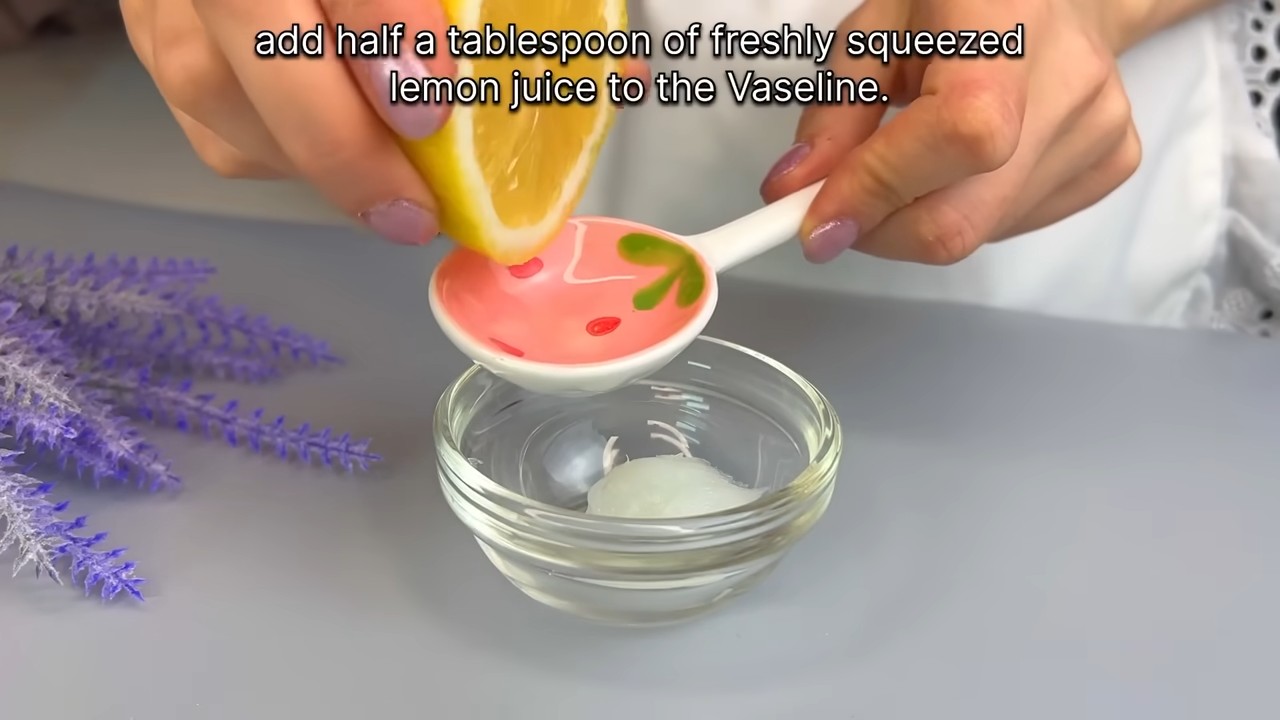
Conclusion
So, there you have it! Unlocking the power of lemon juice for a multitude of household tasks is not just a cost-effective alternative to harsh chemicals, it’s a step towards a more sustainable and naturally clean home. From degreasing your kitchen to brightening your laundry, the versatility of this citrus superstar is truly remarkable. We’ve explored how lemon juice can tackle grime, eliminate odors, and even act as a gentle bleaching agent, all while leaving behind a refreshing, clean scent.
But why is this DIY trick a must-try? Simply put, it’s effective, affordable, and environmentally friendly. Commercial cleaning products often contain ingredients that can be harmful to your health and the planet. By harnessing the natural cleaning power of lemon juice, you’re choosing a safer and healthier option for yourself, your family, and the environment. Plus, you’re likely to already have lemons on hand, making this a readily accessible solution for everyday cleaning challenges.
Don’t be afraid to experiment with variations! For a more potent cleaning solution, try combining lemon juice with baking soda to create a powerful paste for scrubbing stubborn stains. Add a few drops of your favorite essential oil, like lavender or tea tree, to enhance the scent and add extra antibacterial properties. You can also infuse lemon peels in vinegar for a longer-lasting cleaning solution that’s perfect for tackling hard water stains. Consider using a spray bottle for easy application on surfaces or diluting lemon juice with water for a gentler cleaning solution on delicate materials. The possibilities are endless, and the best part is that you can customize your cleaning solutions to suit your specific needs and preferences.
We strongly encourage you to give these DIY lemon juice household uses a try. Start with a small area or a simple task, like cleaning your microwave or polishing your stainless steel sink. You’ll be amazed at the results! Once you’ve experienced the cleaning power of lemon juice firsthand, you’ll wonder why you ever relied on harsh chemicals in the first place.
Remember, the key to success with any DIY cleaning solution is to test it in an inconspicuous area first to ensure it doesn’t damage the surface. And always use fresh lemon juice for the best results. Bottled lemon juice can work in a pinch, but it may not be as potent or effective as freshly squeezed juice.
We’re confident that you’ll love the results you achieve with these lemon juice cleaning hacks. So, grab a lemon, get cleaning, and share your experiences with us! We’d love to hear about your favorite lemon juice cleaning tips and tricks. Leave a comment below and let us know how lemon juice has transformed your cleaning routine. Let’s build a community of eco-conscious cleaners who are passionate about using natural and sustainable solutions to keep our homes sparkling clean. Embrace the power of lemon juice and discover a whole new world of natural cleaning possibilities!
Frequently Asked Questions (FAQ)
1. Is lemon juice safe to use on all surfaces?
While lemon juice is a natural and generally safe cleaning agent, it’s important to exercise caution when using it on certain surfaces. Avoid using lemon juice on porous surfaces like marble or granite, as the acidity can etch and damage the stone. It’s also best to avoid using lemon juice on unsealed wood, as it can stain or discolor the wood. Always test lemon juice in an inconspicuous area before applying it to a larger surface to ensure it doesn’t cause any damage. For delicate fabrics, dilute lemon juice with water before applying it to avoid discoloration. When in doubt, consult the manufacturer’s instructions for cleaning specific surfaces or materials.
2. How long does lemon juice last as a cleaning solution?
Freshly squeezed lemon juice is most effective when used immediately. However, you can store lemon juice in an airtight container in the refrigerator for up to a week. After a week, the acidity of the lemon juice may start to diminish, making it less effective as a cleaning agent. If you’re using a lemon juice-based cleaning solution, such as a mixture of lemon juice and water, it’s best to use it within a few days. To extend the shelf life of lemon juice, consider freezing it in ice cube trays. Frozen lemon juice cubes can be stored for several months and thawed as needed for cleaning purposes.
3. Can I use bottled lemon juice instead of fresh lemon juice?
While fresh lemon juice is generally preferred for its potency and effectiveness, bottled lemon juice can be used as a substitute in a pinch. However, keep in mind that bottled lemon juice may not be as acidic or contain as many beneficial compounds as fresh lemon juice. Look for bottled lemon juice that is 100% lemon juice and doesn’t contain any added preservatives or artificial ingredients. If using bottled lemon juice, you may need to use a slightly larger amount to achieve the same cleaning results as fresh lemon juice.
4. What are some other uses for lemon peels after juicing the lemons?
Don’t throw away those lemon peels! They’re packed with essential oils and can be used for a variety of cleaning and household purposes. You can simmer lemon peels in water to freshen the air in your home, use them to scrub your sink or bathtub, or add them to your garbage disposal to eliminate odors. Lemon peels can also be used to make a citrus-infused vinegar cleaner. Simply place lemon peels in a jar, cover them with white vinegar, and let them steep for several weeks. Strain the vinegar and use it as a natural cleaning solution for a variety of surfaces. You can even use lemon peels to polish your stainless steel appliances or remove hard water stains from your showerhead.
5. Is lemon juice effective for removing tough stains?
Lemon juice can be effective for removing certain types of stains, such as rust stains, hard water stains, and some food stains. However, it may not be as effective for removing tougher stains like grease or ink. For stubborn stains, try combining lemon juice with baking soda to create a powerful scrubbing paste. Apply the paste to the stain, let it sit for a few minutes, and then scrub gently with a brush or sponge. Rinse thoroughly with water. For fabric stains, test the lemon juice mixture in an inconspicuous area first to ensure it doesn’t discolor the fabric.
6. Can lemon juice be used to disinfect surfaces?
While lemon juice has some antibacterial properties, it’s not as effective as commercial disinfectants for killing germs and bacteria. However, it can be used as a natural cleaning agent to help remove dirt and grime from surfaces, which can indirectly reduce the number of germs present. For disinfecting surfaces, it’s best to use a commercial disinfectant that is specifically designed to kill germs and bacteria. You can also use a combination of lemon juice and vinegar for a more potent cleaning and disinfecting solution.
7. What safety precautions should I take when using lemon juice for cleaning?
When using lemon juice for cleaning, it’s important to take a few safety precautions. Avoid getting lemon juice in your eyes, as it can cause irritation. If lemon juice does get in your eyes, rinse them thoroughly with water. Wear gloves when using lemon juice for cleaning, especially if you have sensitive skin. Lemon juice can be irritating to the skin, and prolonged exposure can cause dryness or irritation. Always test lemon juice in an inconspicuous area before applying it to a larger surface to ensure it doesn’t cause any damage. And never mix lemon juice with bleach, as this can create harmful fumes.

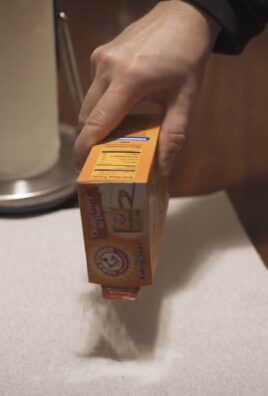
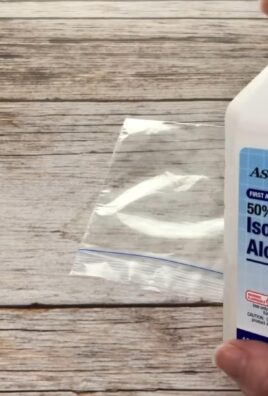
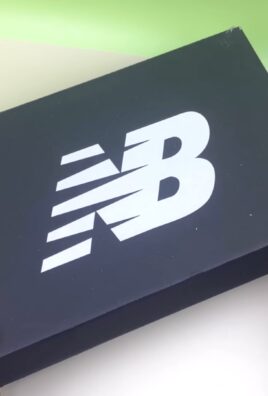
Leave a Comment